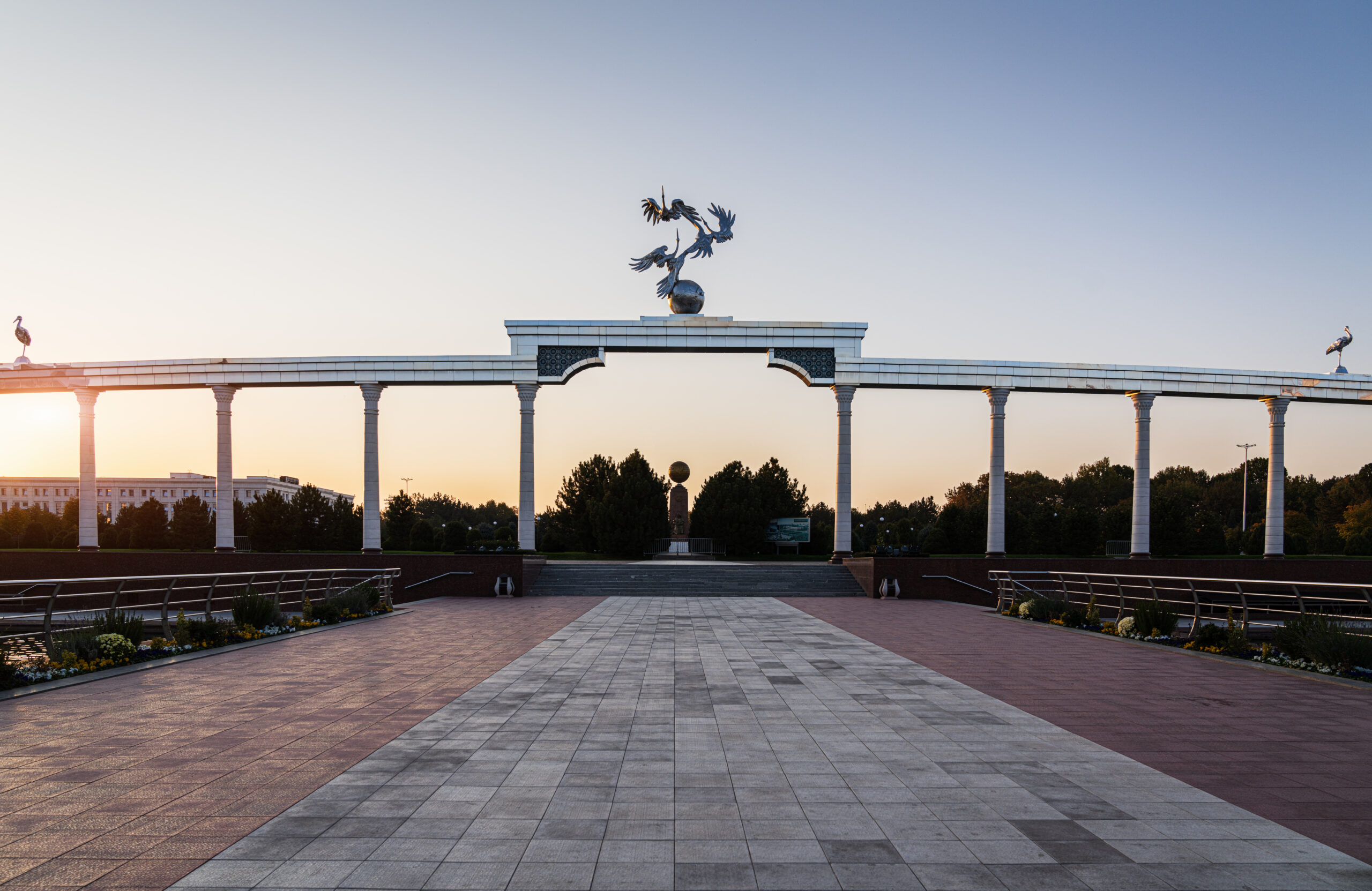For 25 years after independence in 1991, Uzbekistan was ruled by the former First Secretary of the Uzbek Soviet Republic, Islam Karimov. Karimov’s rule was characterized by ruthless political leadership and gradual economic reform. While some commentators lauded the economic achievements under Karimov, a more common view was that the economy had underperformed in improving living standards and creating employment – the latter reflected in the presence of some two million Uzbek migrant workers in Russia. After Karimov’s death in September 2016, the succession was seamlessly agreed among the elite and Prime Minister Shavkat Mirziyoyev assumed power, a position confirmed by victory in the December 2016 presidential election. Mirziyoyev’s goal was to replace the post-Soviet Karimov regime by a technocratic government. A more prosperous Uzbekistan would be created through integration into the global economy, which involved paying some attention to the country’s reputation and standing, and economic modernization at home.
Mirziyoyev quickly moved to differentiate his administration from the Karimov era. In the last four months of 2016, Mirziyoyev built bridges with neighbours and further afield, in contrast to Karimov’s increasingly isolationist position with a closed economy and at odds with most neighbours. In 2017 Uzbekistan adopted a National Development Strategy that promised reform of public administration, the judiciary and parliament, as well as strengthening human rights and combatting corruption. Mirziyoyev banned child labour in cotton-picking, the most high-profile blot on the country’s global reputation, and pursued anti-corruption proceedings against high profile members of the former president’s family (and against potential political rivals). He announced the easing of opposition to hydroelectricity projects in upstream neighbours, defusing the most bitter regional conflict. In September 2017, Mirziyoyev unified the multiple exchange rates and announced that future exchange rates would be freely floating and market-determined; easily the most necessary and significant economic reform, this ended the foreign exchange controls that had shackled Uzbekistan’s economy since 1996.
After independence, Uzbekistan joined the United Nations, International Monetary Fund and World Bank, but relations with the latter two institutions became frosty under Karimov. Uzbekistan also applied to join the World Trade Organization but negotiations languished after the introduction of draconian foreign exchange controls in 1996. Mirziyoyev has been more positive in relations with international institutions and he has revived the WTO negotiations, with likely accession in 2022.
Domestic reforms have been introduced, but, by their nature, most economic reforms take time to implement and have effect. Major tax reforms and public financial management reforms in 2019 simplified public finances by reducing complexity and increasing transparency. A number of measures aim to stimulate entrepreneurship among young people and women, e.g. targeted microcredits from the State Fund. Agricultural reforms give farmers greater choice over what they produce; however, in identifying clusters that it wants to promote, the government continues to show distrust of market forces.
The decision to engage in the global economy under WTO rules may conflict with another strand of Mirziyoyev’s international economic policy. Application to join the Eurasian Economic Union (EAEU) is under serious consideration. EAEU membership would secure duty-free access to the Russian market and, more importantly, would improve the status and security of Uzbek workers in Russia. Membership would entail applying the EAEU common external trade policy, undermining Uzbekistan’s ability to make commitments facilitating WTO accession and ending Uzbekistan’s ability to sign independent trade agreements, such as the free trade area currently being negotiated with South Korea. Most importantly, it would be a shift to closer connections with Russia and to trade policies discriminating against China.
In 2020-21 Uzbekistan was struck by the COVID-19 pandemic: as of 30 May 2021, Uzbekistan had reported 99,844 cases and 688 deaths. President Mirziyoyev was quick to establish a Special Commission on COVID on 29 January 2020 and has been far more transparent than his predecessor, although the government did introduce laws against spreading false information about COVID. The government was able to display its technocratic credentials by quickly modifying the 2020 budget to provide additional spending, equal to almost 4% of GDP, on healthcare, social assistance, support for businesses and investment. After domestic lockdowns disrupted production and the negative shock was exacerbated by China’s reduced demand for gas and by lower prices for other commodity exports, economic growth recovered in the second half of 2020. COVID-19 also gave Uzbekistan an opportunity for soft regional diplomacy by providing medicines, ambulances and medical equipment to poorer neighbours Tajikistan and the Kyrgyz Republic.
Overall, President Mirziyoyev has had a good first term in ending the worst economic policy of his predecessor and in rebuilding regional and global relations. In opening up the economy and restoring bilateral and regional relations, President Mirziyoyev moved quickly and positively, but he may face tough choices ahead, notably whether to join the EAEU and the implications of that decision for relations with China and with the WTO. Reforming the domestic economy is a more long-term endeavour and will meet opposition from powerful interests who benefit from the semi-reformed economy established by his predecessor. The long-term outcome remains uncertain. The process was impeded in the president’s fourth year by the COVID-19 epidemic. In 2021, politics will be dominated by the October presidential election. The result is not in doubt, but the extent of public economic discontent fuelled by the economic fallout from the COVID shock, winter heating problems, revelations of public spending on a presidential retreat, and other adverse developments may lead to less support than President Mirziyoyev might have expected pre-COVID.
The views expressed in the Near East Policy Forum are those of the authors and do not represent the views of the Near East Policy Forum or any of its partner organisations.




